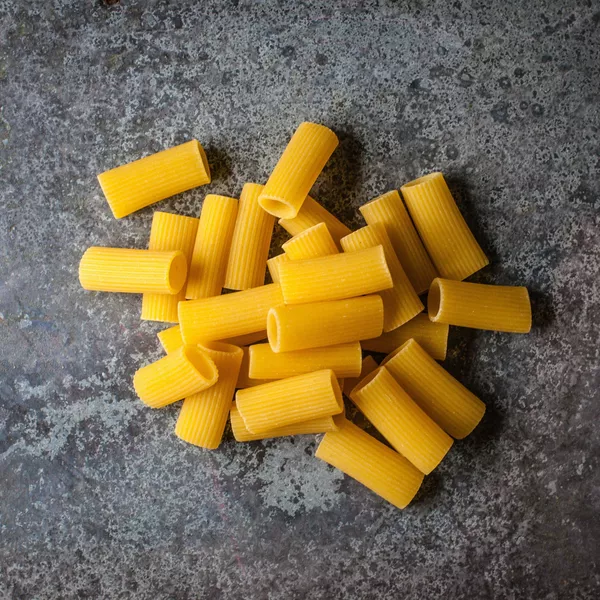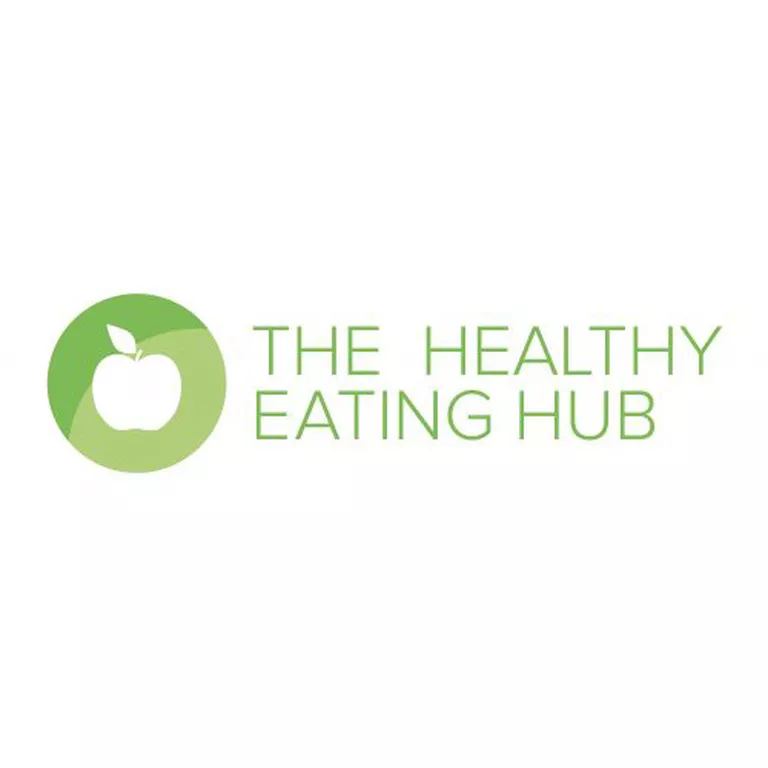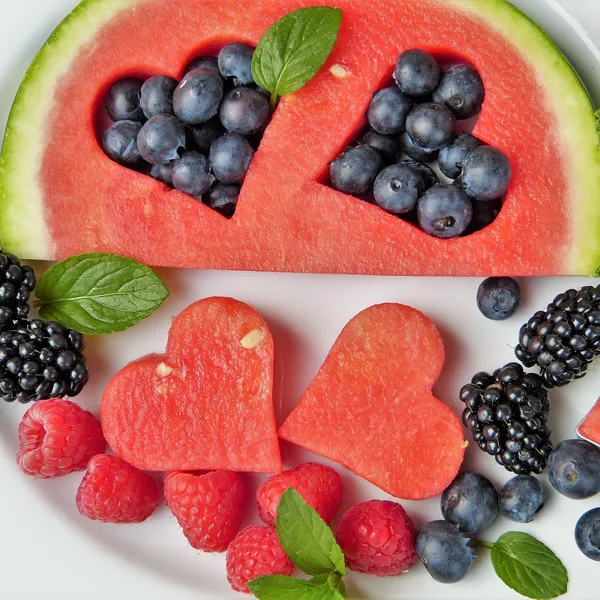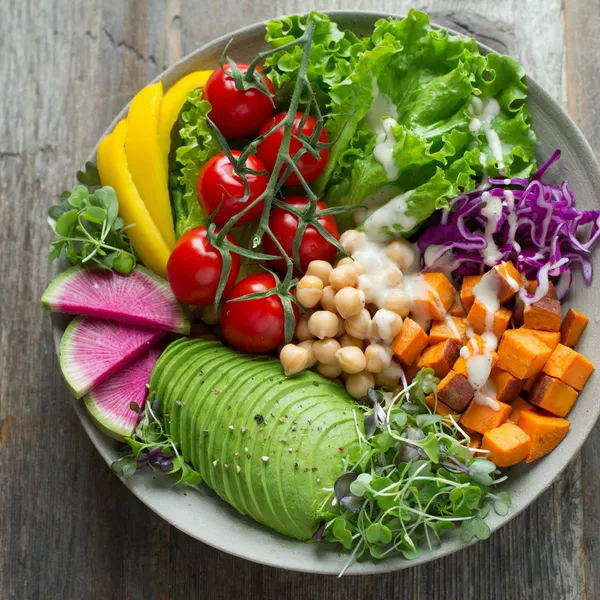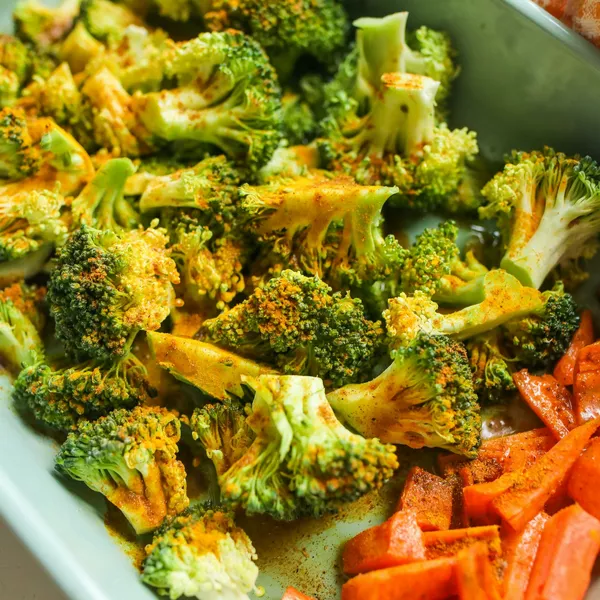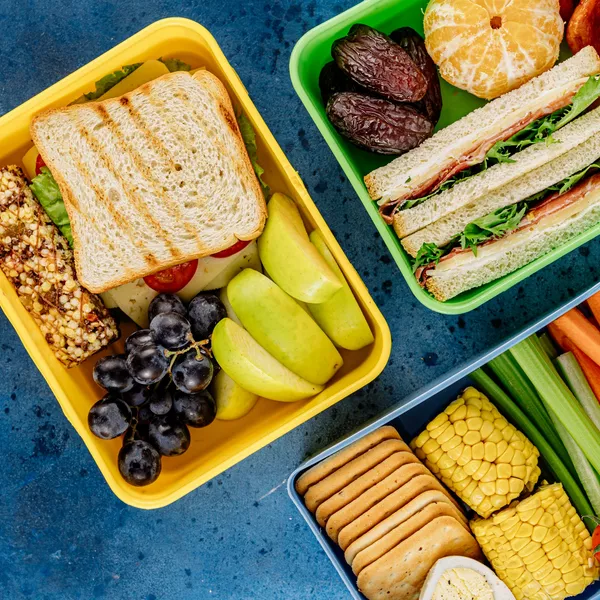After experiencing a traumatic event like a heart attack or stroke, it’s tempting to start cutting foods out of your diet, especially when lots of blogs, websites and programs recommend you do so. This is generally unsustainable for you to manage long term and also unnecessary. Good cardiovascular health requires you to eat well long term. If you can’t sustain your new strict regime, you may not receive the benefits.
Your body needs nutrients, so instead of focusing on the foods you shouldn’t eat, turn your attention to the foods you should eat. Here are some foods to focus on including in your diet every day.
Choose whole grains to boost your dietary fibre intake
It's recommended adults have 25–30g fibre per day.1
Dietary fibre helps to reduce our LDL “bad” cholesterol,2 manage our weight, moderate our blood sugar levels, and keep us feeling full and satisfied. Whole grains include:
- oats
- pearled barley
- brown rice
- all bran cereal (and other high fibre cereals)
- rye and grainy breads
- wholemeal pasta, etc.
Eat plenty of fruit and vegetables
Packed full of nutrition and dietary fibre, fruit and vegetables are a vital part of long-term health and need to be eaten daily. Here are some tips.
- Eat whole fruit instead of fruit juice. It has more dietary fibre and will keep you feeling fuller for longer.
- Sauté or simmer vegetables to preserve the micronutrients (without adding any fat, sugar or salt to the cooking process).
Have a handful of nuts a day
There is good evidence for the daily consumption of nuts. They are rich in nutrients and heart-healthy fats, and they are perfect to snack on. Around 20 – 30g unsalted nuts can improve blood lipids.2
Include protein from lean meats, seafood or vegetarian options
Choose lean meats with trimmed fat, or poultry without the skin. These are much better choices than processed meats such as schnitzel, salami, ham and bacon.
Fish is a great source of lean protein, and the fatty fish species like salmon and tuna are rich in omega-3, heart-healthy fats. Aim to include 2 – 3 serves of fish per week.
Good vegetarian sources of protein include:
- Eggs
- Dairy: milk, yoghurt, cheese
- Soy: milk, beans, tofu, tempeh
- Legumes: beans, lentils, chick peas
- Nuts: peanuts, cashews, almonds, walnuts, macadamias.
A good protein-packed snack is yogurt topped with nuts and seeds.
